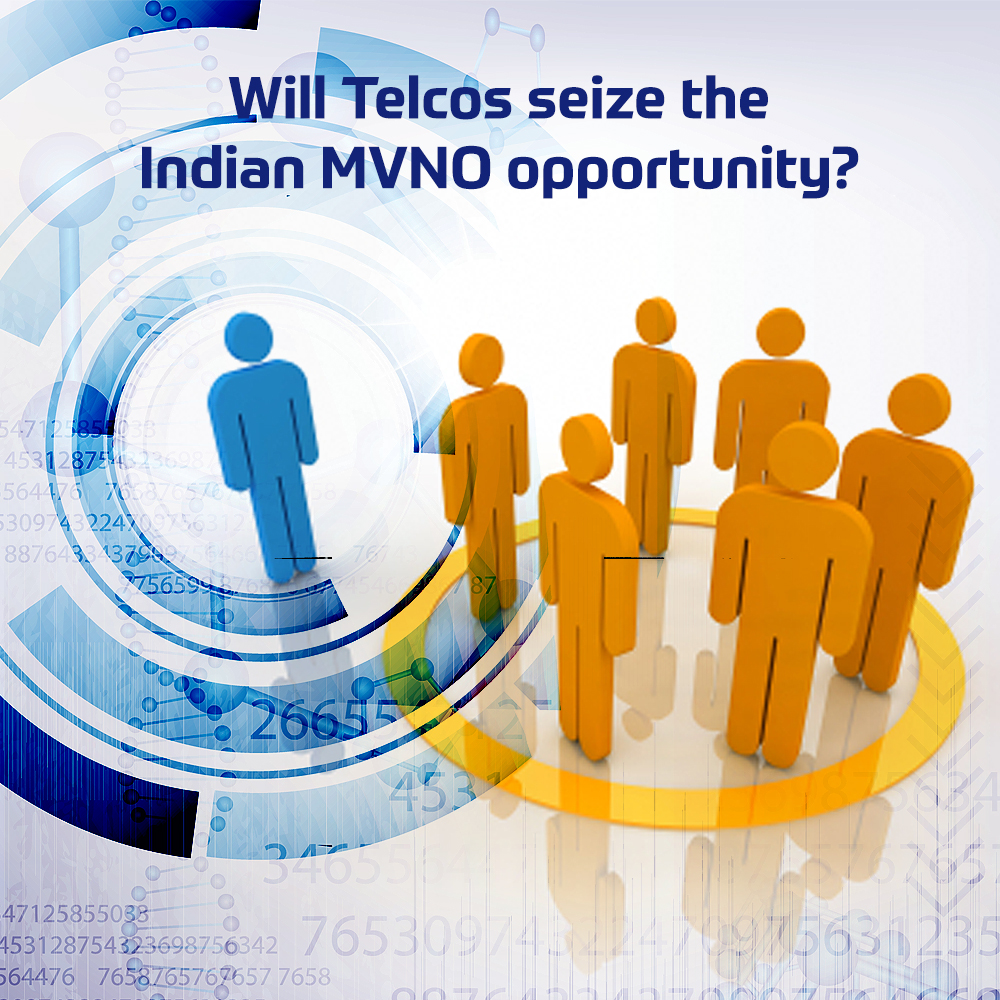The Telecom landscape in India can be characterized by large but an overcrowded operator market with lowest call rates, declining revenues, higher operating and regulatory costs. Moreover, the operators here have witnessed a steep fall in margins and has lowest ARPU in the world, i.e. nearly one-third and one-tenth the average in developing & developed markets respectively. So the big question is how will the Telecom Industry react to the DOT’s decision to approve MVNOs entry in India, which is already overcrowded. According to latest reports more than 60 companies have already applied for an MVNO license to launch both regional and national level services.
There are both pros and cons of an MVNO, on one hand it could lead to further price wars and lower ARPU. This also limits the scope for MVNOs to scale their services, as they will have to incur huge costs in marketing, meet complex regulatory scenario and a high tax burden will further add to their woes. On the other side, it may also result into reduced subscriber acquisition cost in rural markets, optimum utilization of surplus/unused spectrum available with large telcos (MTNL, BSNL, Telenor), opportunity for FMCG companies to procure MVNO license and serve the rural population as they already have a strong supply chain there.
The debate could be endless, but let us understand what is at stake – even though it is too early to predict the Indian MVNO Market; according to IDC forecasts total mobile services revenue in India will reach US $ 37 Billion in 2017. If we have a similar success ratio as European MVNOs, the market could easily cross US $4 Billion. MVNOs are not new to India; a few examples of past MVNOs are:
- Virgin Mobile, UK tied up with Tata Teleservices to sell voice and data services, however they closed India operations in 2011.
- Tata Teleservice has also tied up with Future Group – operating brand name Talk24Mobile. It is a reward program for Future Groups retail customers.
- Aircel entered into an agreement with Blyk Mobile, an MVNO in UK and also with Simpossible to offer free voice, text and data services to its customers. However, both the MVNO’s failed and were later closed.















